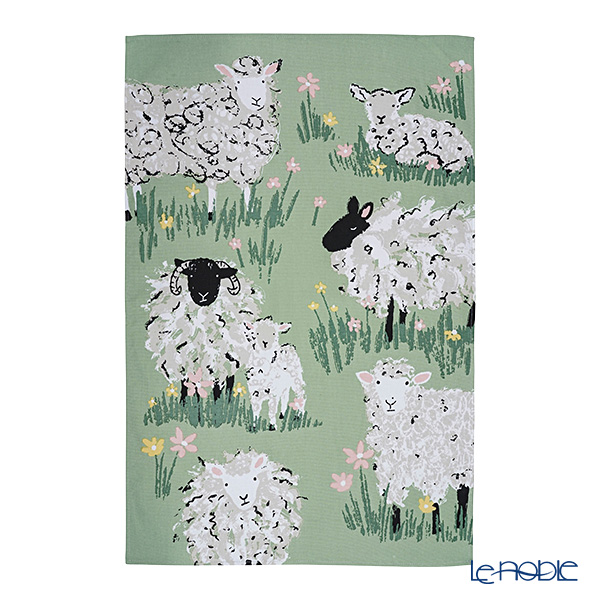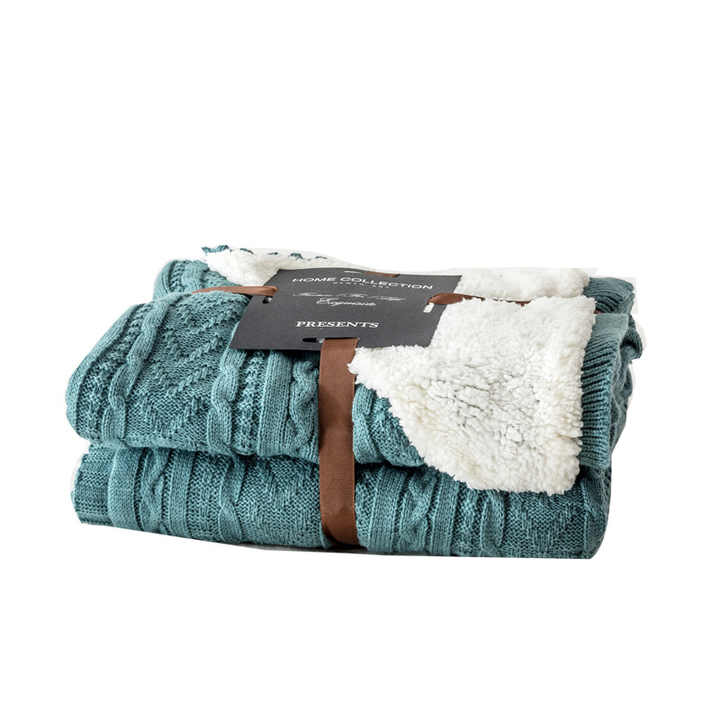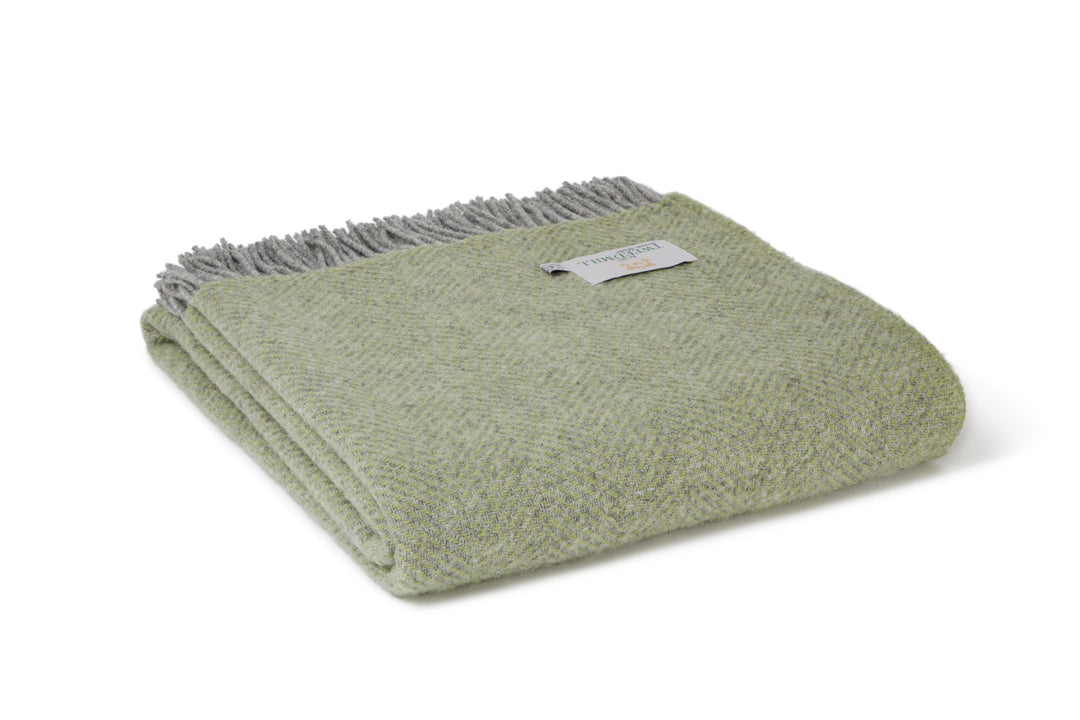Title: The Difference between White Duck Feather and Sheep Wool Blankets
The white duck feather and sheep wool blankets are two types of bedding materials that offer a range of benefits and disadvantages. White duck feather blankets are lightweight and provide good insulation, making them a popular choice for warmer weather. They are also hypoallergenic, making them a good option for people with allergies. On the other hand, sheep wool blankets are heavier and provide better insulation in colder weather. They are also natural and eco-friendly, providing a sustainable option for those concerned about their carbon footprint. However, they can be prone to shedding and may not be as hypoallergenic as the white duck feather blankets. Overall, the choice between these two types of blankets depends on individual needs and preferences.
White duck feather and sheep wool are two common materials for making blankets, each with its own unique characteristics and advantages. In this article, we will explore the difference between these two types of blankets to help you choose the best one for your needs.

Firstly, let's talk about white duck feather blankets. These blankets are made from the soft, light-weight feathers of the white duck. The feathers are harvested from ducks that are raised for their meat or eggs, and then cleaned and processed to make the blanket. White duck feather blankets are known for their softness and warmth, making them perfect for use in spring or autumn when the weather is cooler. They are also hypoallergenic, meaning they are less likely to cause allergies in sensitive individuals.
On the other hand, sheep wool blankets are made from the wool of sheep. The wool is harvested from sheep that are raised for their meat or wool, and then cleaned and processed to make the blanket. Sheep wool blankets are known for their durability and resilience to wear and tear. They are also good at regulating temperature, making them suitable for use in colder weather when you need extra warmth. However, they are not hypoallergenic, so people with allergies to wool may experience reactions to these blankets.

Another important difference between these two types of blankets is their cost. White duck feather blankets are generally more expensive than sheep wool blankets. This is because the ducks are more difficult to raise and process than sheep, and also because the feather material is more scarce and thus more expensive. However, if you are looking for a high-quality, luxury blanket that will last for many years, a white duck feather blanket may be the better choice.
In conclusion, white duck feather and sheep wool blankets each have their own advantages and disadvantages. White duck feather blankets are soft, warm and hypoallergenic, while sheep wool blankets are durable, resilient to wear and tear, and good at regulating temperature. The cost of these blankets also varies, with white duck feather blankets generally being more expensive. When choosing a blanket, it is important to consider your own needs and preferences, such as the type of weather you live in or whether you are allergic to certain materials. By weighing up these factors, you can make an informed decision about which type of blanket is best for you.

Articles related to the knowledge points of this article:
Title: Comparing Silk Duvets vs. Down Comforters: Which One is Better?
Is Yicheng County famous for its down quilts?
Can Curtain Fabric be Used as a Down Comforter? - a Discussion on Baidu Tieba
3-Pound Down Comforter Cost Analysis
Title: Postage Cost of a 10-Pound Down Comforter from Chongqing to Other Cities in Chongqing
Title: Harmony Brand Down Comforter: The Ultimate Solution for a Comfortable Sleep Experience



